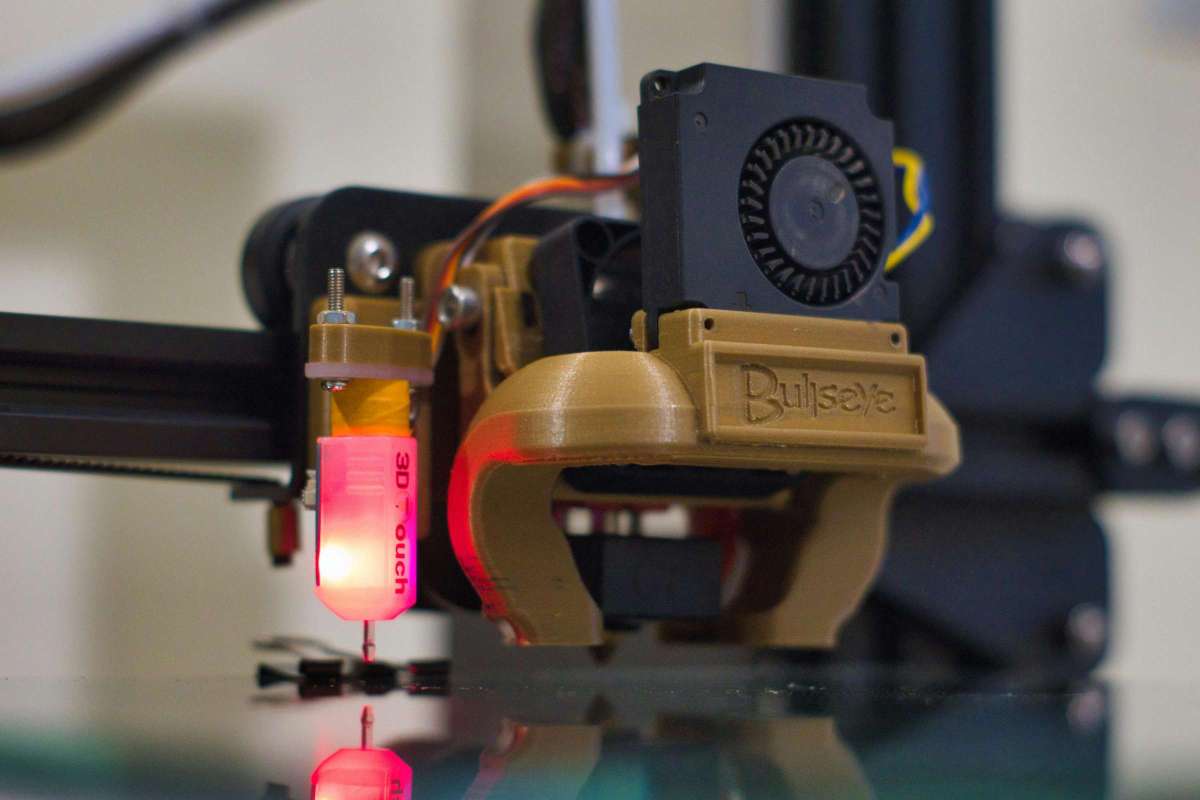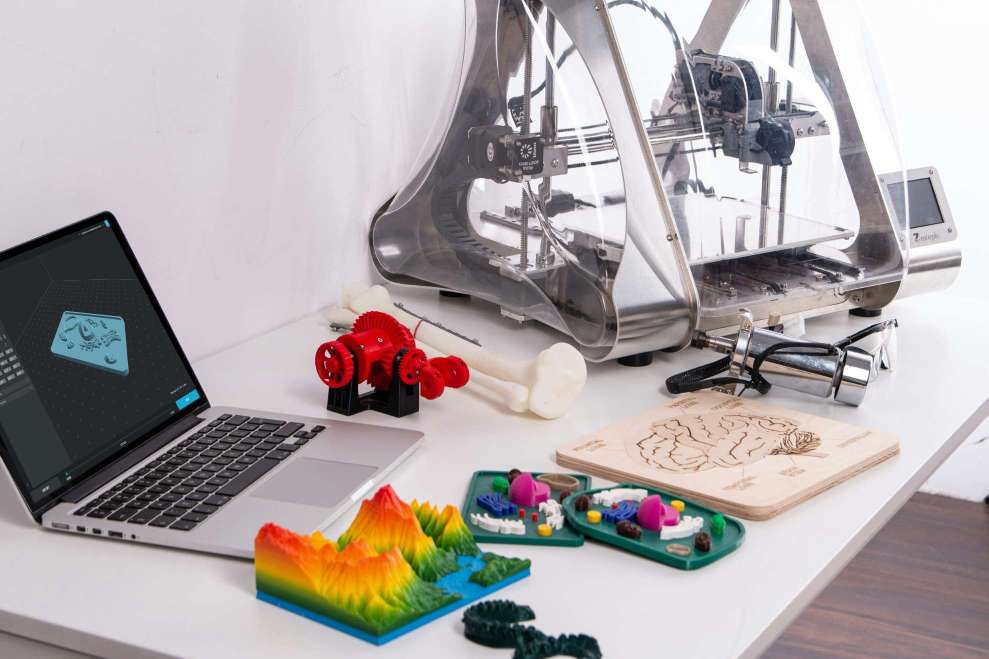Synthetic Biology: Engineering Life at the Molecular Level
6 min read
04 Sep 2024
Synthetic biology is a multidisciplinary field that applies engineering principles to design and construct biological systems from standardized genetic components. By manipulating DNA, proteins, and other biological molecules, synthetic biologists engineer organisms with novel functions, behaviors, and applications, revolutionizing fields from medicine and agriculture to environmental sustainability and industrial production.
Synthetic Biology: Innovations and Applications
In medicine, synthetic biology contributes to the development of new therapies, vaccines, and diagnostic tools by creating engineered microbes that produce pharmaceutical compounds or detect disease markers. In agriculture, genetically modified crops with enhanced yields, nutritional content, and resistance to pests or environmental stressors are developed through synthetic biology approaches.

Technological Advancements
Advancements in DNA synthesis, genome editing tools like CRISPR-Cas9, and computational modeling accelerate the capabilities of synthetic biology. These technologies enable precise manipulation of genetic material, predictive design of genetic circuits, and optimization of biological systems for desired functions and outcomes.
Challenges and Considerations
Implementing synthetic biology faces challenges such as biosecurity risks, ethical concerns regarding genetic manipulation, and ecological impacts of engineered organisms. Addressing these challenges requires rigorous safety protocols, ethical guidelines, and public engagement to ensure responsible use and governance of synthetic biology technologies.
Future Prospects
Looking ahead, synthetic biology holds promise for developing sustainable biofuels, bioremediation solutions for environmental cleanup, and living materials with programmable properties. Advances in metabolic engineering, biosensors, and artificial intelligence will further expand the applications and impact of synthetic biology in diverse industries and scientific research.
Ethical and Societal Implications
As synthetic biology advances, ethical considerations include equitable access to biotechnologies, implications for biodiversity and ecosystem health, and the regulation of genetically modified organisms (GMOs). Balancing innovation with ethical responsibilities is crucial for fostering trust and maximizing the societal benefits of synthetic biology innovations.
In conclusion, synthetic biology represents a transformative approach to manipulating biological systems, offering unprecedented opportunities to address global challenges and improve human well-being. By harnessing the power of molecular engineering, synthetic biologists are shaping a future where biological technologies play a central role in sustainable development, healthcare innovation, and environmental stewardship.
Synthetic biology is not just a scientific discipline but a catalyst for innovation, enabling scientists and engineers to design life with precision and purpose for a more sustainable and resilient world.
More Articles

Smart Sensors: The Tiny Devices Making a Big Impact
7 min read | 07 Aug 2024

Digital Fabrication: Crafting the Future One Layer at a Time
4 min read | 06 Aug 2024

3D Printing: How It's Changing the World as We Know It
6 min read | 05 Aug 2024

Additive Manufacturing: The Technology Behind 3D Printing
7 min read | 04 Aug 2024
More Articles

Neuroethics: Ethical Considerations in Brain-Computer Interfaces
7 min read | 12 Jul 2024

The Future of Cryptographic Algorithms in Data Security
6 min read | 11 Jul 2024

Digital Twins in Manufacturing: Optimizing Production Processes
7 min read | 10 Jul 2024

Next-Gen Cyber Attacks: AI-Powered Threats and Defenses
5 min read | 09 Jul 2024
